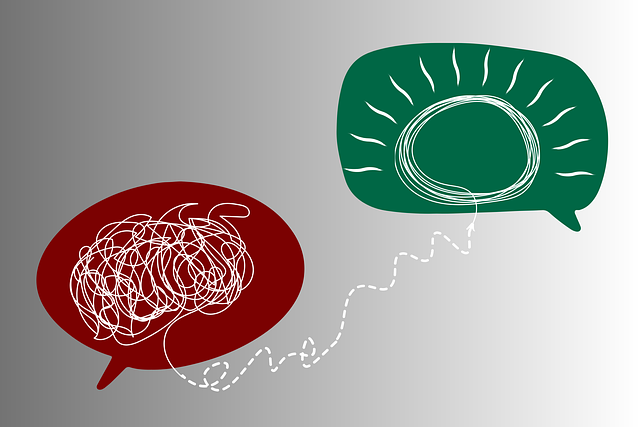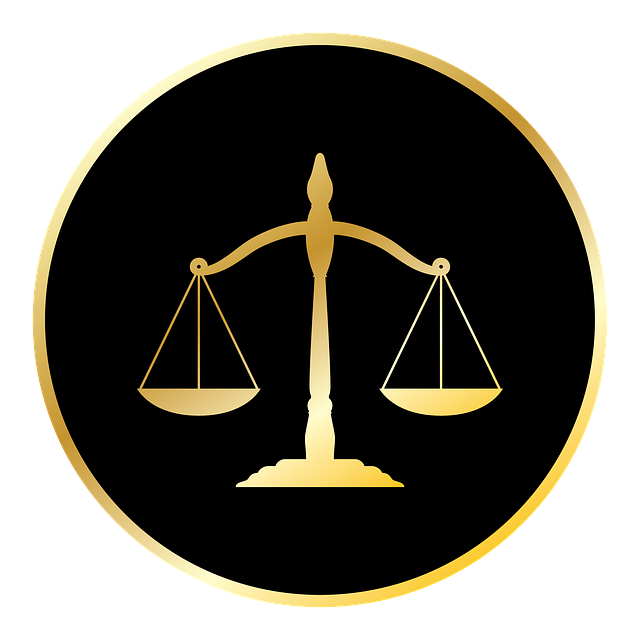Contempt of court cases arise from non-compliance with judicial orders or conduct hindering justice. Clients need clear communication about rights and obligations, while legal professionals guide them through complexities, gather evidence, and craft arguments to protect client interests. Strategic defense strategies, based on detailed documentation and legal precedents, ensure fairness. Successful outcomes reinforce the court's authority and strengthen client-lawyer relationships.
In the complex landscape of legal disputes, contempt of court cases pose unique challenges. This article delves into the intricate dynamics of protecting client interests within these proceedings. We explore key aspects such as understanding contempt cases, client rights and obligations, evidence and legal precedents, effective defense strategies, and the pivotal role of legal professionals. Furthermore, we analyze the impact on future cases and relationships, offering valuable insights for practitioners navigating this critical domain.
- Understanding Contempt of Court Cases
- Client Rights and Obligations
- Evidence and Legal Precedents
- Strategies for Defense
- Role of Legal Professionals
- Impact on Future Cases & Relationships
Understanding Contempt of Court Cases

Contempt of court cases arise when an individual or entity fails to comply with a court order or engages in conduct that obstructs justice. These proceedings are designed to ensure that legal processes are respected and upheld, maintaining the integrity of the judicial system. Understanding contempt of court cases is crucial for both clients and legal professionals, as it highlights the responsibilities and rights associated with adhering to court-mandated actions.
In such cases, clients must be aware of their obligations to act in accordance with established rules and orders. Legal representatives play a pivotal role in guiding clients through these processes, ensuring they comprehend the potential consequences of non-compliance. By fostering open communication and providing clear legal advice, attorneys can help protect their clients’ interests, navigate the complexities of contempt proceedings, and ultimately advocate for favorable outcomes.
Client Rights and Obligations

In contempt of court cases, understanding client rights and obligations is paramount for ensuring fairness and justice. Clients involved in such proceedings have a right to be treated with respect, dignity, and transparency. They are entitled to clear communication about their legal options, potential outcomes, and the role they need to play in the process. This includes being informed about deadlines, court appearances, and any required documentation.
Moreover, clients must fulfill their obligations honestly and promptly. This means providing all necessary information, attending hearings as directed, and cooperating with legal representatives. Failure to comply with these obligations can lead to negative consequences for the client’s case. It’s crucial for clients to remain engaged and proactive throughout the process to protect their interests effectively.
Evidence and Legal Precedents

In contempt of court cases, the presentation of robust evidence and reliance on established legal precedents are paramount to safeguarding client interests. Legal professionals must meticulously gather and organize documentation, witness statements, and any relevant communications to substantiate their client’s position. This comprehensive approach ensures that the court possesses all necessary information to render a just decision.
Furthermore, prior case law offers valuable insights into how courts have interpreted and enforced contempt rules in similar circumstances. Lawyers can leverage these legal precedents to build a strong argument, demonstrating both the nature of the alleged contempt and the potential consequences for their client. Such strategic use of evidence and legal authority reinforces the fairness and integrity of the proceedings while protecting the rights and interests of all involved parties.
Strategies for Defense

In contempt of court cases, protecting client interests requires a strategic defense approach tailored to each unique situation. One key strategy involves building a robust record that demonstrates compliance with court orders. This includes meticulous documentation of all actions taken, communications with the court, and evidence of attempts to fulfill obligations. By presenting a comprehensive and transparent record, legal representatives can bolster their client’s position and mitigate potential allegations of non-compliance.
Additionally, challenging the validity or interpretative nuances of court orders can be a powerful defense mechanism. Lawyers should scrutinize the language used and any ambiguities that might lead to differing interpretations. Through detailed legal arguments and precedent-based citations, they can advocate for their client’s rights and offer alternative interpretations that align with fairness and due process, thereby strengthening the defense against contempt of court allegations.
Role of Legal Professionals

Legal professionals play a pivotal role in protecting client interests during contempt of court cases. Their expertise is crucial in navigating the complex legal landscape, ensuring that all parties’ rights are upheld. In these proceedings, attorneys act as advocates, guiding their clients through the process and ensuring their voices are heard. They carefully construct legal arguments, present evidence, and challenge any discrepancies or violations of court orders.
The role extends beyond representation; legal professionals also educate clients about their obligations and potential consequences. They provide strategic advice, helping clients understand their responsibilities while safeguarding their best interests. This support is vital, especially in high-stakes cases where the stakes are high and emotions can run strong. Through meticulous preparation and robust representation, legal professionals ensure fairness and justice in contempt of court cases.
Impact on Future Cases & Relationships

The outcome of contempt proceedings can have a profound impact on future cases and client-lawyer relationships. A successful contempt action sends a clear message that the court takes its authority seriously, which can act as a deterrent for similar misconduct in subsequent cases. This deterrence factor is crucial in maintaining the integrity of legal processes and ensuring that all parties involved abide by the rules.
For clients, seeing their interests protected through such proceedings can enhance trust in their legal representatives. Conversely, a client’s failure to support or understand the importance of contempt actions may strain relationships. Lawyers must therefore communicate the broader implications—not just for the current case but for future collaborations and the legal landscape as a whole—when advocating on behalf of clients in contempt of court cases.






